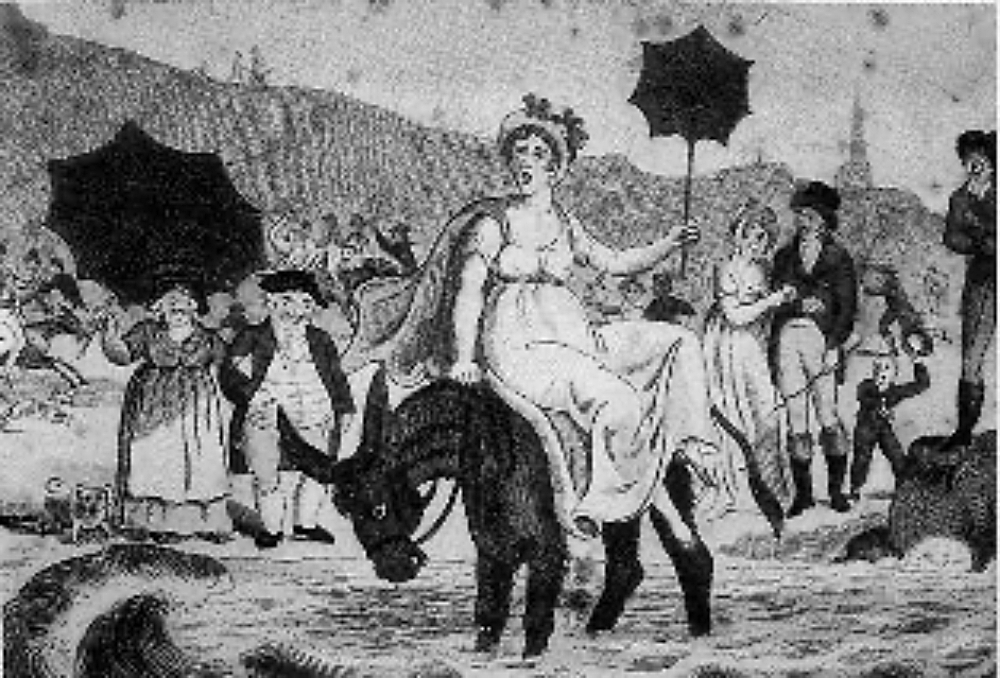War, peace and Donkey racing
IT was 1805 and Britain was at war with Napoleon, who only the previous year had crowned himself Emperor of the French. Despite this, the Worthing of 1805 couldn’t have been more peaceful and pleasant.

Seeking a break from all the talk of war, crowds of the nobility regularly travelled over from their elegant summer homes in Brighton to take part in (and bet on) pony and donkey races arranged on Worthing’s “rather superior” sands by the Marquis of Blandford and Lady Gordon.
As one local chronicler recorded that year, “Worthing beach is without a cliff and at low water extends six miles and at ebb tide, nearly three-quarters.”
He added: “Ladies and gentlemen take delightful walks and in other parts it is occupied by some of the best cricket players in England, the sands being so fine and level.”
He also wrote that on one occasion in 1805, “The sands seemed positively crowded with carriages carrying a great party of nobility from Brighton.”
This created a problem from which the town has often suffered since – the lack of sufficient overnight accommodation for all its visitors.
As there were only three tiny inns in the village (for Worthing at that time could hardly be called a town) there was nearly a riot when only 42 of the 153 visitors could obtain any refreshment, let alone dinner and overnight accommodation.
Twenty-seven of them eventually dined at the public house of Mr Hogsflesh, while a few were fortunate to get “some rather inferior accommodation” at the Admiral Nelson, “a small inn higher up the town”.
On August 26, that year, Worthing became a centre of warlike excitement, when, within clear sight of the shore, a French privateer captured a sloop laden with Eastern merchandise to the value of £7,000 – a vast fortune in those days.
Fortunately for local morale, the loyal inhabitants had the satisfaction of seeing the sloop retaken by an English Revenue cutter, which then set out in pursuit of the enemy privateer, ultimately capturing it and taking it into Littlehampton Harbour.
There were “great doings” in 1814, when patriotic Worthing residents celebrated what they believed to be the final defeat of Napoleon (never guessing that Napoleon would make a temporary come-back the following year).
They called it Peace Day, which was set apart as a general holiday. Every parishioner was invited to a bountiful repast, set out on tables in Steyne Gardens, which was then an unclosed field, unplanted but with a solitary elm standing in its centre.
A grand banquet was held at the Steyne Hotel, “to celebrate the downfall of the tyrant Napoleon and the restoration of the Bourbons”.
Little did the joyous Worthing revellers realise that he would soon slip away from his captors on the island of Elba and that the Battle of Waterloo had still to be fought and won.